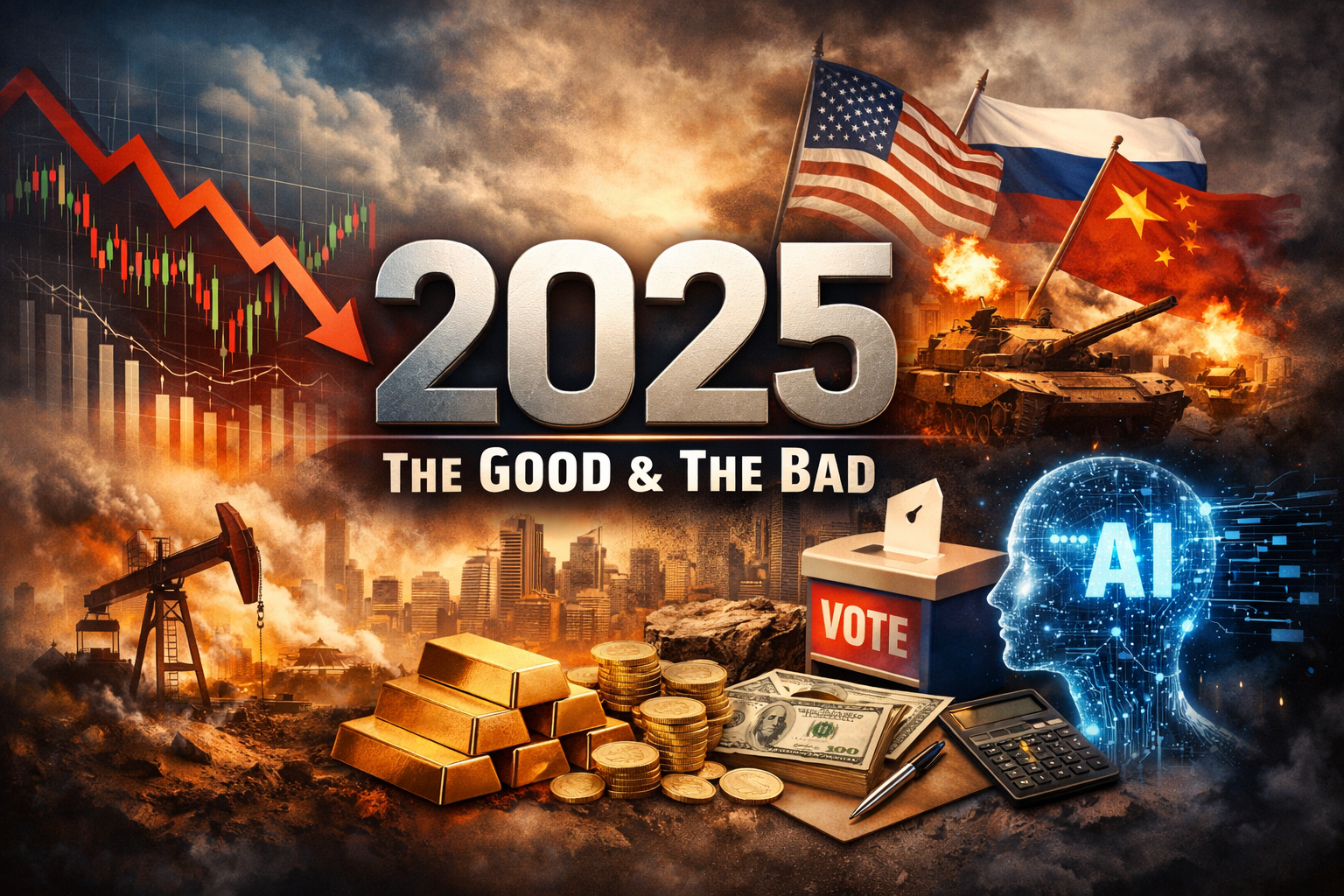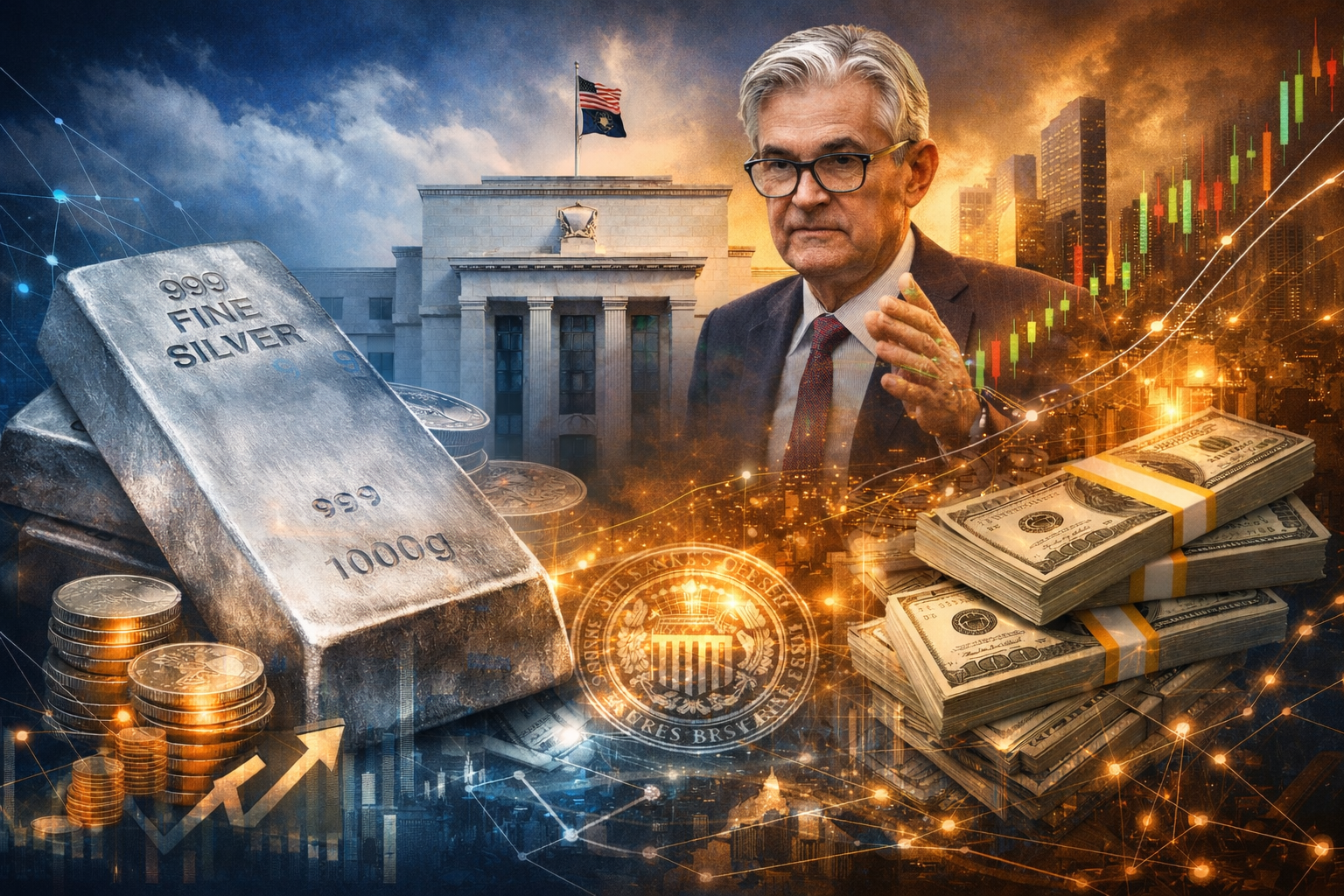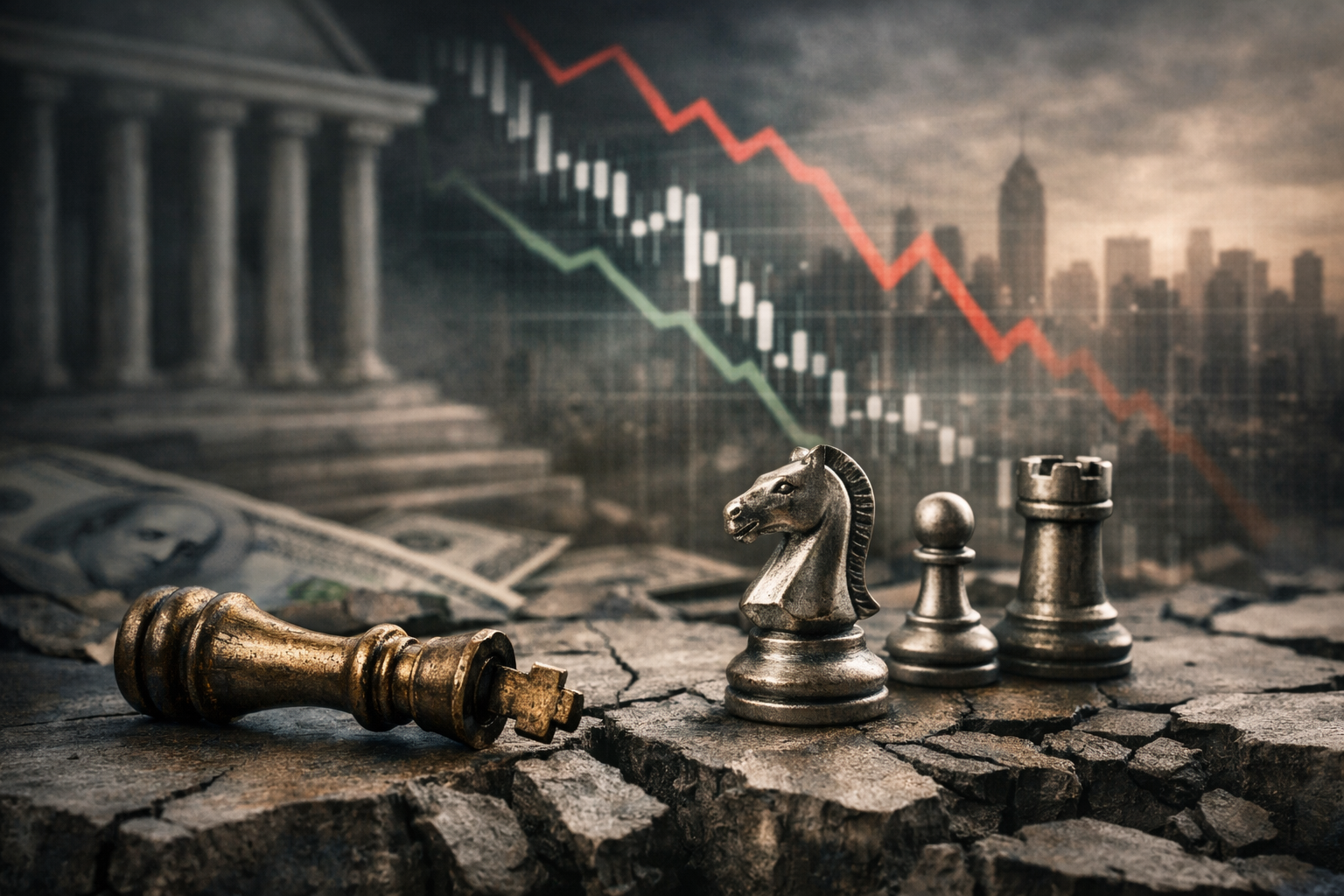Larry Fink and the WEF
A Warning Investors Cannot Ignore
Most people know Larry Fink as the CEO of BlackRock, the world’s largest asset manager with over $9 trillion under management. What many don’t realize is that Fink is more than a powerful Wall Street executive—he is co-chair of the World Economic Forum (WEF), one of the most influential yet unelected organizations in the world. That role places him at the center of an agenda that should deeply concern investors, retirees, and citizens alike.
What the WEF Really Is
The WEF, founded by Klaus Schwab, is best known for its annual meetings in Davos, Switzerland, where world leaders, central bankers, corporate CEOs, and academics gather. On the surface, it’s presented as a forum to “improve the state of the world.” But behind the glossy branding lies an unelected body that sets global agendas, shapes government policies, and blurs the line between public governance and corporate control.
The WEF openly promotes top-down initiatives like the Great Reset, which seeks to reshape capitalism and concentrate decision-making power in the hands of global elites. These are not suggestions—they are blueprints for remaking economies, industries, and even cultural norms, without input from voters.
Why Fink’s Role Matters
As co-chair of the WEF, Larry Fink is not just attending these gatherings—he is helping to lead them. Through BlackRock’s enormous influence, Fink wields power over nearly every major public company. His push for Environmental, Social, and Governance (ESG) mandates, annual letters to CEOs demanding compliance with political priorities, and alignment with climate and energy restrictions mirror the very goals the WEF champions.
This is the fusion of money and ideology at a global scale: financial markets being used to enforce policy agendas without debate in Congress or parliaments.
Why the WEF is Loathed
There are three reasons the WEF has become a symbol of danger in the eyes of many:
It bypasses democracy. Unelected elites make decisions that trickle down into laws, regulations, and corporate policies that affect billions.
It fuses corporations with governments. When CEOs and politicians craft policy together behind closed doors, the ordinary citizen loses representation.
It promotes centralized control. The “Great Reset” envisions fewer choices, higher costs, and more restrictions for everyday people, all in the name of efficiency and sustainability.
The Investor’s Warning
When someone like Fink uses BlackRock’s reach to advance WEF priorities, the risk to investors is enormous. Markets get distorted, entire industries are punished or rewarded based on ideology instead of profitability, and ordinary retirement portfolios are forced into political experiments. These are not free-market outcomes—they are managed outcomes.
But There Is Opportunity
While the WEF and its co-chair Larry Fink steer markets toward a centralized vision, those who understand the fragility of this structure will be in the best position to seize opportunity. When markets bend under the weight of these engineered agendas—when bubbles inflated by cheap money and political pressure finally burst—the correction will be brutal.
Yet corrections always bring opportunity. Investors who prepare now—by protecting assets, diversifying into hard money like precious metals, and staying liquid enough to buy when valuations reset—can turn the WEF’s overreach into their greatest advantage.




